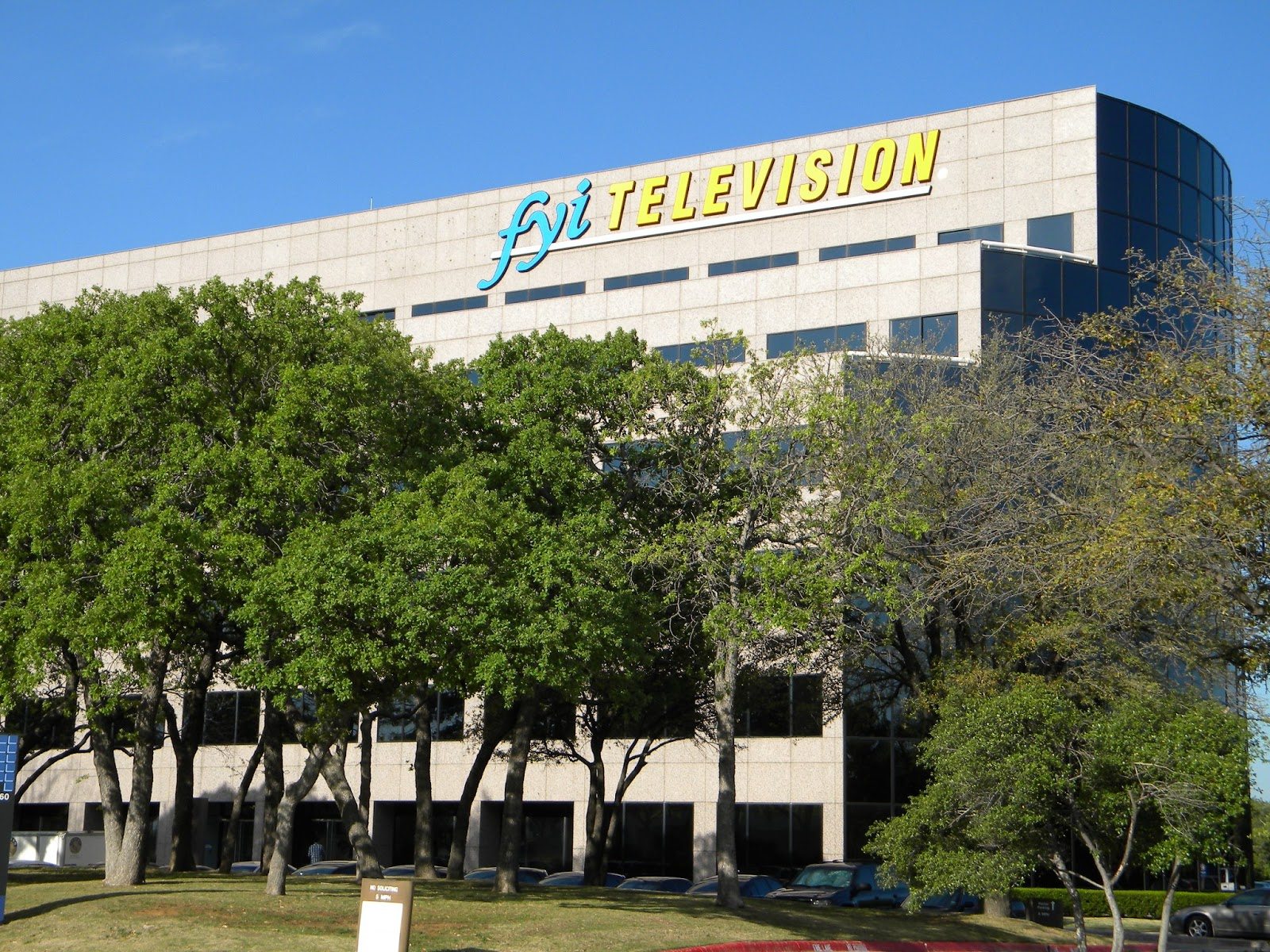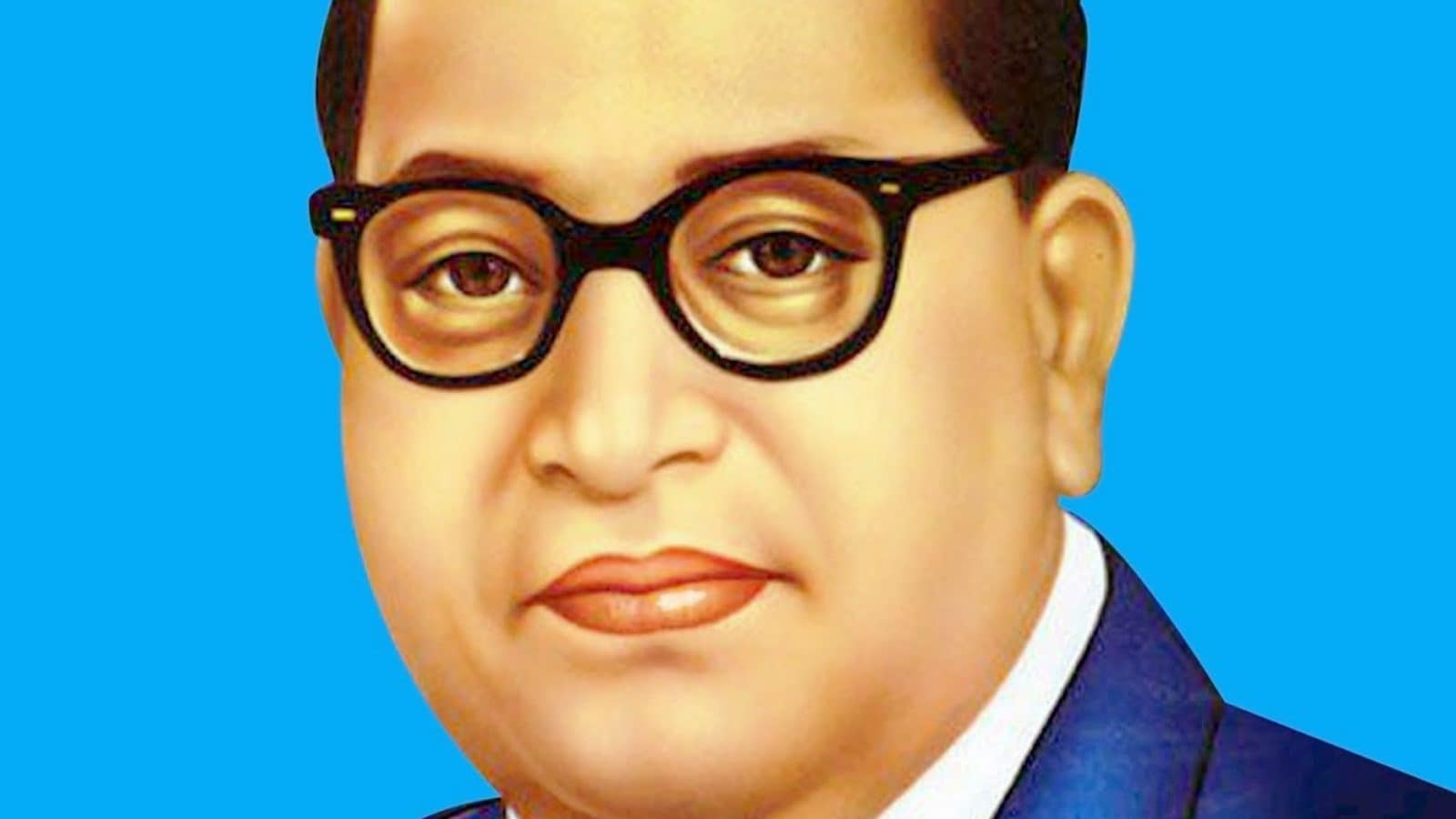
- Select a language for the TTS:
- UK English Female
- UK English Male
- US English Female
- US English Male
- Australian Female
- Australian Male
- Language selected: (auto detect) - EN
Play all audios:
So much has been written about the war in Ukraine that it is easy to get confused. As part of our rapid learning curve in the West, a number of lazy assumptions have crept into the
discourse. Here is an attempt to nail a few of these false narratives. It is true that the Ukrainians have won the two major battles so far in this war, Kyiv and Kharkiv. There is every
indication that they are in the process of winning a third victory in Donbas. British intelligence estimates that a third of the Russian troops who invaded three months ago are now dead,
wounded or missing. It is false, however, that these successes mean that the outcome of the war has been decided. The Russians still occupy huge tracts of Ukrainian territory, not to mention
the Crimea, annexed in 2014, or the two puppet “republics” of Luhansk and Donetsk. Russian forces continue to bombard Ukrainian cities and launch constant attacks. A major new summer
offensive, using fresh reserves and conscripts, is quite possible, even probable. This war is not over and won’t be as long as a single Russian soldier remains in Ukraine It is true that the
West has played an important role in arming and training the Ukrainians. The modern weaponry supplied mainly by the Americans and British in the early stages of the war enabled the
defenders to blunt the assault and inflict unacceptable losses. But it is false that the Russians will be defeated without larger quantities of heavy artillery, rockets, tanks and armoured
vehicles than have so far been sent. Kyiv complains of a chronic shortage of munitions, partly explained by the abysmal levels of military preparedness of several NATO members. Germany in
particular had negligible stocks of ammunition and has still not supplied the tanks and other heavy equipment it promised. The United States has pledged a $40 billion package of military
hardware and other aid, but the Bill to authorise this is being held up in Congress for weeks by a single senator, Rand Paul. European members of NATO are only sending relatively small
quantities of equipment which are quickly consumed in a war of attrition. Give Zelensky the tools he needs and he will finish the job — but we are very far from doing enough yet. It is true
that Vladimir Putin badly miscalculated and has been forced to scale down his war aims. The Kremlin’s propaganda is shifting its focus from triumphalism to patriotic pathos: Russia is under
siege and surrounded by enemies. But it is false to conclude that Putin is ready to cut his losses and must therefore be given an opportunity to save face — the so-called “off-ramp”.
Emmanuel Macron, Olaf Scholz and Mario Draghi have all advocated an immediate ceasefire, echoing the French President’s demand that Russia must not be “humiliated”. In conversations with
Putin, these leaders of the three largest EU countries appear to have discussed concessions, including territorial concessions, which Zelensky has sharply repudiated. All three warn
repeatedly against “escalation”, while failing to force through new sanctions. Above all, they have enabled the flow of Russian energy to continue and have even complied with the demand to
pay in roubles, which the EU has now ruled does not breach sanctions. This means that Europe continues to finance the Russian war machine: by early April €35 billion had been paid by EU
states and that figure may well have doubled since. The eagerness of Paris, Berlin and Rome to cut a deal and risk a “frozen” conflict — leaving Russian forces in possession of their
conquests indefinitely — is driven by economic imperatives: the need to restore stability to the energy markets, ease inflationary pressures and stave off recession. It is therefore false to
suggest that Ukrainian interests play the primary role in European diplomacy. In the teeth of strongly pro-Ukrainian public opinion, Europe’s default position towards Russia remains the
pre-emptive cringe. While Scholz, for example, sticks to the ambiguous formula that “Ukraine must not lose this war”, Boris Johnson, Joe Biden and others in the English-speaking world openly
call for Russia to be defeated. NATO’s Secretary General, Jens Stoltenberg, says that Ukraine can win this war. Given the overwhelming evidence of genocide, including appalling atrocities,
deportations of more than a million Ukrainian civilians and the forced adoption of many thousands of children, any other outcome is morally indefensible. Putin’s myrmidons have stolen not
only land but people, on a colossal scale. As a bare minimum, any peace treaty would require the return of hostages and restitution. For that to happen, Russia must lose and Russia must pay.
A MESSAGE FROM THEARTICLE _We are the only publication that’s committed to covering every angle. We have an important contribution to make, one that’s needed now more than ever, and we need
your help to continue publishing throughout the pandemic. So please, make a donation._








